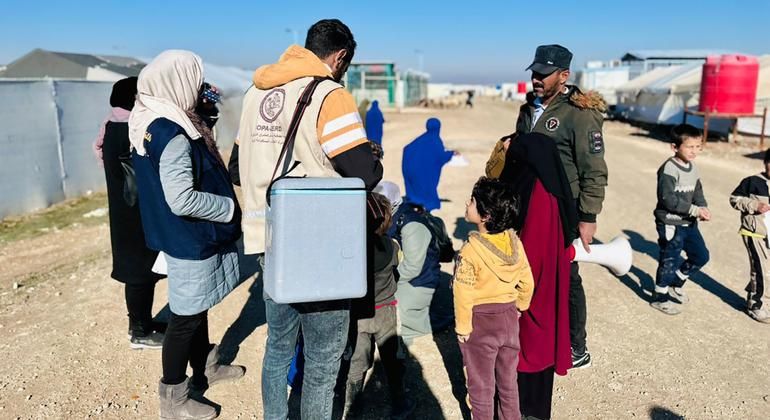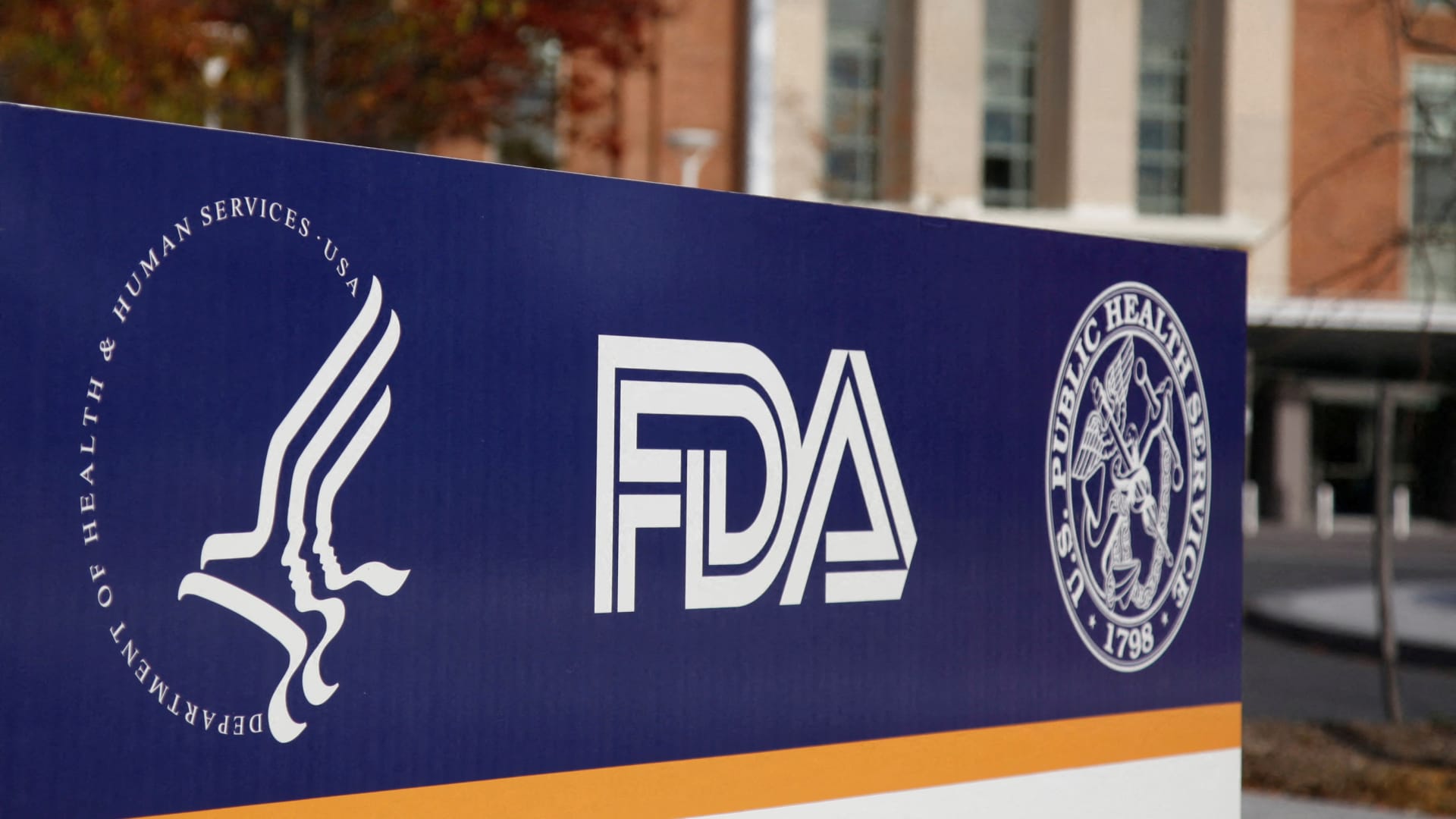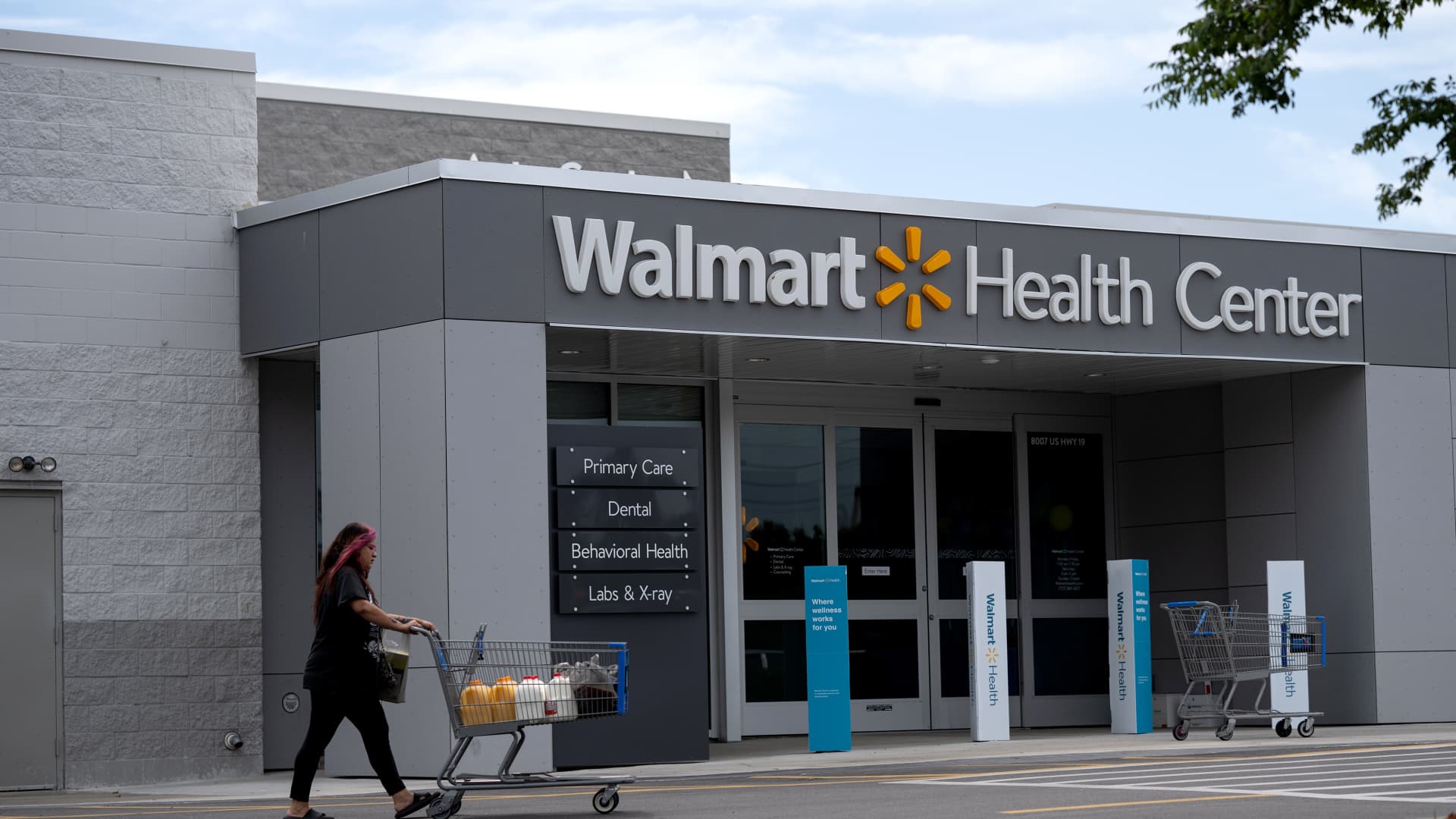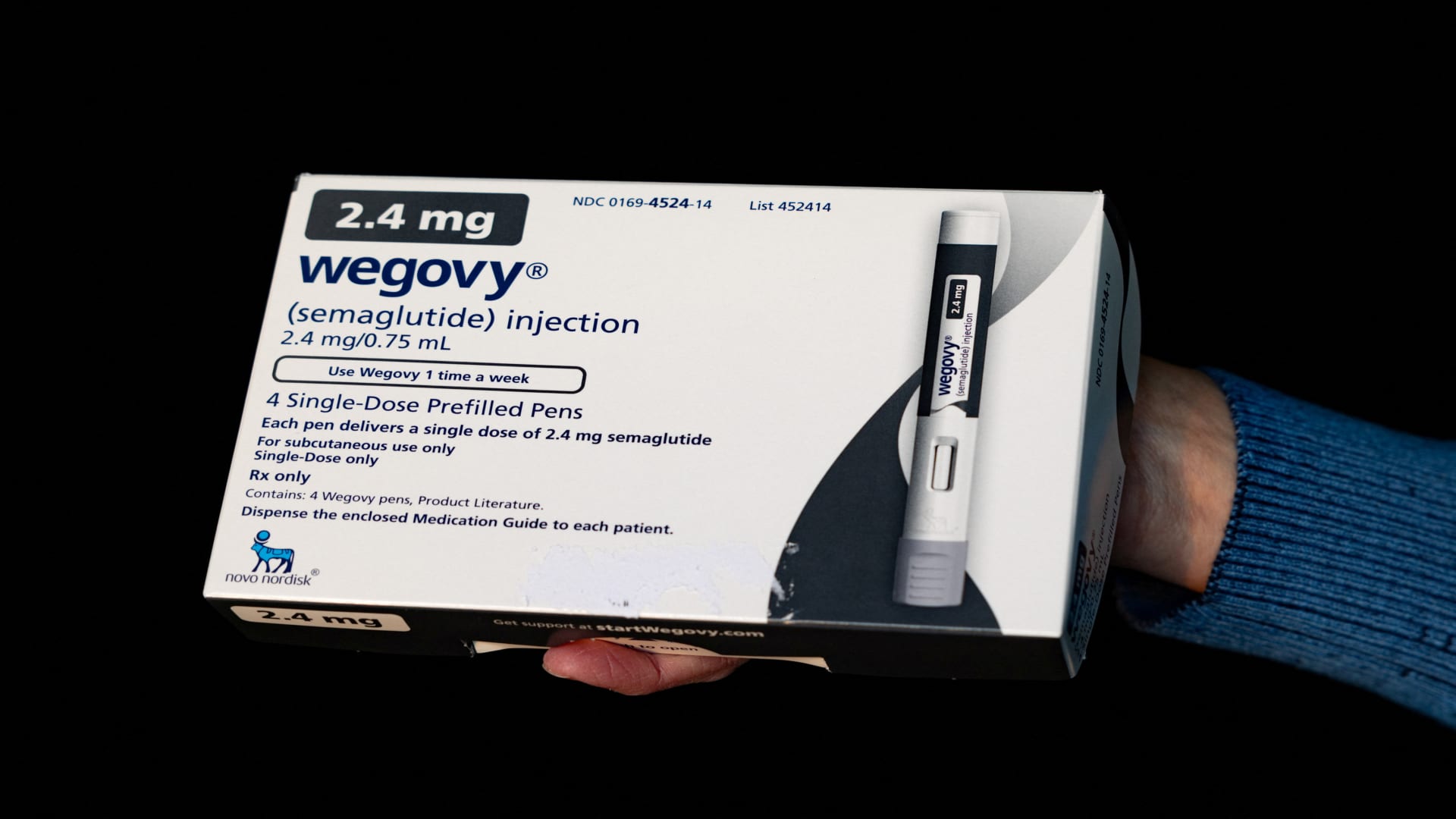The cholera outbreak was detected in the countryside in early October and was later confirmed by laboratory tests. As Al Hol does not have a specialized treatment center for acute watery diarrhea, it is crucial that as many people as possible are vaccinated as soon as possible, insists the United Nations Children's Fund, UNICEF.
“For the first time we received cholera vaccine from northwest Syria to northeast to vaccinate people in Al Hol camp.even [despite] “The escalation and the security situation in the country, but we managed to access people and vaccinate them,” said Khourchid Hasan, UNICEF health and nutrition officer. said UN News.
Hasan credited the interim authority in Damascus with making the shipment possible, along with local authorities in northeastern Syria, who facilitated the delivery of the vaccines to the gates of Al Hol, which is controlled by the Syrian Democratic Forces. (SDF) backed by the Kurds. ).
Conditions 'returning to normal'
And despite threats posted on social media last December “that there will be an attack on this camp and [that ISIL planned on] release their families,” which closed access to Al Hol for three days, Hasan insisted that the vaccine rollout will not stop.
“Everything is back to normal,” he said, adding that so far at least 14,000 people have received the cholera vaccine: “The campaign continues even during the holidays and the vaccination teams are doing a great job there to save lives like treatment for children and their caregivers.
Teams of vaccinators work on foot through the camp's tents with a loudspeaker urging families to come for themselves and their children to receive their dose. Once administered, the vaccine protects against cholera, which can be fatal within hours if not treated correctly.
Hasan noted that the campaign was able to move forward after the agency successfully transported 25,000 doses of vaccine from northwestern Syria across former active battle lines. He also praised the advocacy work of UNICEF colleagues and partners on social behavior change and risk communication, who collaborated with community networks in support of the oral cholera vaccine campaign and built confidence among the population of Al Hello.
For years, Al Hol has sheltered the wives and children of ISIL fighters, displaced people and refugees caught up in Syria's war, which erupted after the government's deadly crackdown on peaceful protesters in 2011.
Conditions remain terrible
Most of those detained there by the Kurdish-backed Syrian Democratic Forces (SDF) are Syrian and Iraqi citizens. The conditions are dire and have been the subject of numerous alerts by leading rights experts reporting to the Human Rights Council.
Foreign nationals who went or were forced to travel to Syria to join ISIL fighters and their children are being held in an annex of the camp, which is divided into five zones. In December, the population of the tent settlement was almost 40,000 people.
Al Hol is actually two different camps: Al Hol, near the Iraqi border, and Roj camp, located on the border with Turkïye; both are located in Al-Hasakeh Governorate. The male ISIL fighters are being held in a prison in the town of Al-Hasakeh, about 45 kilometers away.
Cholera was first detected in Syria in 2022, but the camp avoided infection. “We vaccinated immediately (in 2022) as a precaution, but this time it showed up and started in Al Hol camp,” UNICEF's Hasan explained, citing funding shortages, poor nutrition, dirty water and poor sanitation as factors. that contribute to the current outbreak.
Agencies on site
Several UN agencies have a presence in Al Hol, in addition to the United Nations Children's Fund, including the UN sexual and reproductive agency, UNFPA, the World Health Organization (WHO) and the Forum network. NES NGO operating in northeastern Syria.
“Those [NGOs] They have the support of local authorities, but the need is still very great, especially when it comes to secondary health care,” Mr. Hasan stressed.
“There are three field hospitals in Al Hol camp and one field hospital in Roj camp, but there is still a huge need for medicines for non-communicable diseases, for secondary health care. And now, due to the security situation, it is a big challenge to refer people from those camps outside the camp to private hospitals, for example, in Al-Hasakeh or Qamishli.”












